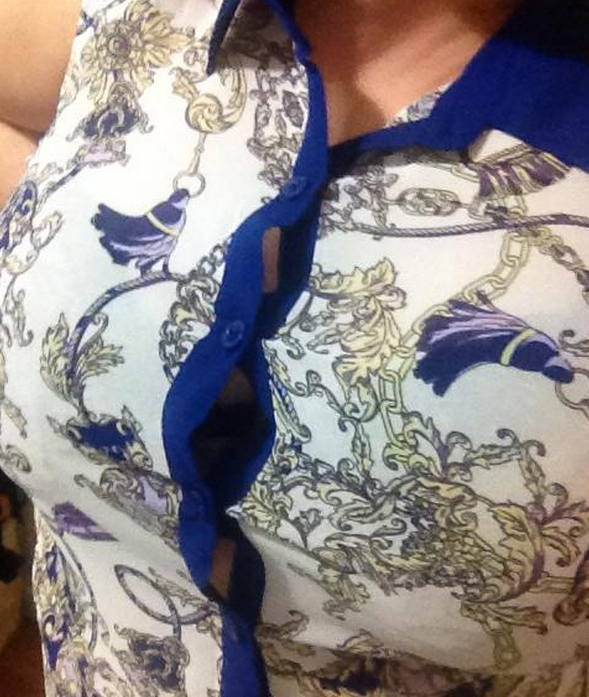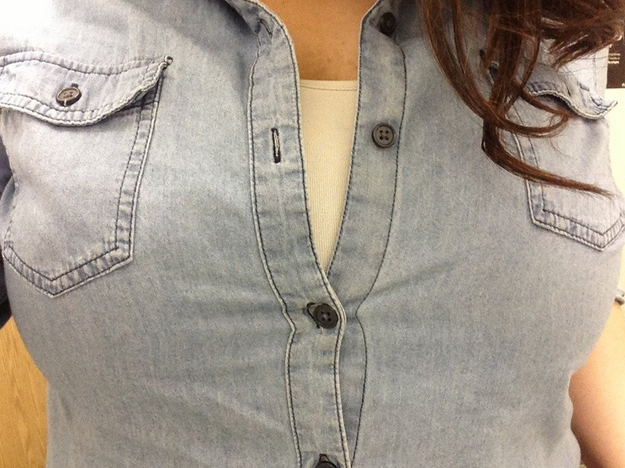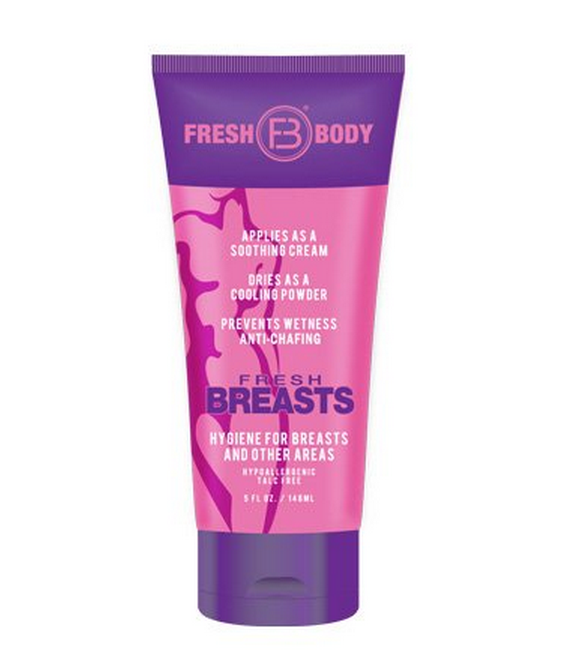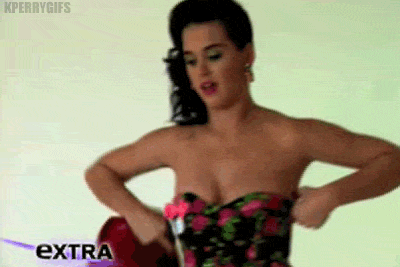



Top 5 Mistakes to Avoid During Water Damage Clean Up Jan 09, 2025





The Top Trends in Steam Baths and Showers Today Dec 18, 2024
17 Reasons Why Having Big Boobs Isn't All That Great
Jun 19, 2014 18:58
Are big boobs a gift or are they simply troublesome for the women who have them? It is always greener on the other side, but like any well-endowed woman would know, there's always a downside of having them too big. Here are 17 times when it sucks having big boobs.

















1. You can't do this with a crop t-shirt without exposing some underboob.

2. You'll need an extra button because they can't withstand the power of your boobs.

3. The only way to wear a tight shirt without buttoning to the top is to wear tshirt underneath.

4. Underboob sweat is really a thing.

5. Your cleavage funnels sweat down your chest.

6. Cleavage sweat isn't as bad as arm pit sweat though.

7. There is such a thing as boob deodorant.

8. Bras for big breasted women are thick and thus, warm.

9. You'll always have to worry about them popping out.

10. And you'll have to worry your dress can't hold them in.

11. Let's just say, you use a lot of fabric.

12. And if your bikini doesn't fit, you show off some underboob.

13. You can never do this at a beach.

14. They can be heavy if you lie down flat on your back.

15. You risk them coming out of your dress if you are too angry.

16. Pictures you take like this seems pornographic.

17. Even selfies in bikinis look NSFW-ish.


Pride celebrations in Sydney, Australia and the United States are bright events of light, glow, and people every year. However, underneath the parades, the shows and the parties, there is something moving deeper. To transgender, gender non-conforming LGBTQ+ singles, Pride is no longer a mere appearance, but a place where relationships can come true. Read more
LIFESTYLE
Jun 25, 2025 08:33

In the heart of Wilkinsburg, Pennsylvania, a remarkable transformation has taken place. Garden Dreams Urban Farm & Nursery, now Grow Pittsburgh's fourth production site, has evolved into a sustainable agricultural hub serving the local community. Behind this evolution stands Colcom Foundation, whose support has been instrumental in developing this USDA certified organic farm and greenhouse facility. Read more
LIFESTYLE
nutritions
Jun 18, 2025 20:55

If you decide you want to install a pergola in your backyard, that can add to your home’s property value. This assumes the eventual homebuyers who are looking at the property when you decide to move on from it like that kind of thing. Many do, so you can often make back the money you spend on your pergola. Read more
LIFESTYLE
Jun 14, 2025 17:12
Copyright © Fooyoh.com. All rights reserved. User Agreement | Privacy Policy | Contact us
| Advertising
| About us
| Careers


















































